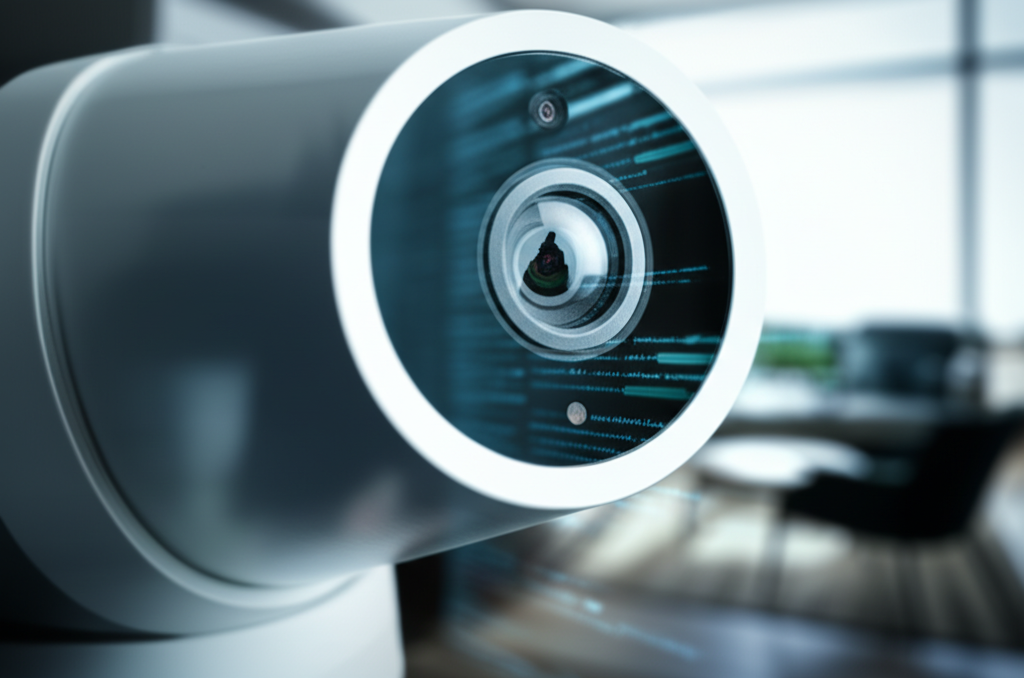Are you excited about the convenience of smart home technology? Imagine controlling your lights, thermostat, and security system with a simple voice command. But what if that convenience came at a hidden cost? What if your smart devices were secretly collecting and sharing your personal data without your knowledge? The truth about smart home tech is far more complex than the glossy marketing materials suggest. This article reveals the shocking privacy risks lurking within your connected devices and provides actionable steps to protect yourself before you invest.
Are Smart Home Devices Really Spying on You?
Yes, in many ways, they are. While not intentionally malicious, smart home devices and their associated apps often collect vast amounts of user data. This data collection is frequently buried in lengthy terms of service agreements that most people don't read.
What Kind of Data Do Smart Home Devices Collect?
The types of data collected can be alarming. According to a study by Surfshark, smart home apps, especially those for outdoor security cameras, are among the worst offenders. They gather an average of 12 data points, including:
- Email addresses: Used for account management and potentially marketing.
- Phone numbers: Another contact point for communication and potential marketing.
- Payment information: Required for subscriptions or purchasing devices.
- Precise location: Tracks your movements and habits.
- User IDs: Unique identifiers for your account.
- Device IDs: Unique identifiers for each device.
- Purchase histories: Tracks your spending and interests.
- Audio data: Recordings from microphones in smart speakers and cameras.
- Contacts: Accessed by some apps, like Arlo and D-Link.
What's particularly concerning is that these apps often link several of these data points directly to your identity.
Which Smart Home Apps Collect the Most Data?
Some apps are more data-hungry than others. Here are a few examples:
- Outdoor Security Cameras: Deep Sentinel and Lorex are known for collecting a high number of data points.
- Indoor Cameras: Nest Labs, Ring, and Arlo also collect significant amounts of data.
- Other Indoor Cameras: Nooie and Canary Connect engage in user tracking.
Why Is This Data Collection a Problem?
The problem isn't just the sheer volume of data collected; it's what companies do with it. Your data can be:
- Sold to third-party companies and data brokers: Your information becomes a commodity.
- Used for targeted advertising: You'll see more personalized (and potentially invasive) ads.
- Vulnerable to data breaches and cyberattacks: Your personal information could fall into the wrong hands.
- Used to build a detailed profile of your habits and lifestyle: This can be used for various purposes, some of which may be unethical.
Are There Any Regulations to Protect My Privacy?
The lack of clear regulations and standards for smart home devices is a major concern. Without these guidelines, users are vulnerable to privacy breaches.
How Can I Protect Myself From These Privacy Risks?
Fortunately, there are several steps you can take to minimize your risk:
- Limit Data Sharing: Look for apps that allow you to control what data is shared. Disable features like location tracking or audio recording if they aren't essential.
- Regularly Review and Update Privacy Settings: Software updates can change privacy settings. Make sure they align with your preferences.
- Use Strong Passwords and Two-Factor Authentication (2FA): Protect your accounts with strong, unique passwords and enable 2FA wherever possible. A password manager can help.
- Be Mindful of Camera Placement: Avoid positioning cameras in private areas like bedrooms or bathrooms.
- Consider Using Local Storage: Store footage locally on a hard drive or SD card instead of in the cloud.
- Use a VPN: Encrypt your internet connection to safeguard data transmitted from your smart home devices.
- Regularly Review Privacy Policies: Stay informed about how your devices and apps collect, store, and share your data.
- Disable Location Tracking: Prevent the system from collecting your location data.
- Limit Video Storage: Adjust app settings to limit how long footage is stored or to delete it automatically.
What About Home Security Systems?
Home security systems, while offering enhanced physical security, also collect user data. Adjust the settings within your security system app to minimize privacy risks:
- Disable location tracking.
- Limit video storage.
- Adjust device permissions.
- Control third-party data sharing.
## Frequently Asked Questions
Q: Are all smart home devices equally risky? A: No, some devices and apps collect more data than others. Research the privacy practices of specific brands and products before you buy.
Q: What is the most important privacy setting to adjust? A: Disabling location tracking and limiting data sharing with third parties are critical steps.
Q: Can I completely eliminate the risk of data collection? A: It's difficult to eliminate the risk entirely, but you can significantly reduce it by following the steps outlined above.
Conclusion: Take Control of Your Smart Home Privacy
The convenience of smart home technology is undeniable, but it's crucial to be aware of the hidden privacy risks. By understanding what data your devices collect and taking proactive steps to protect yourself, you can enjoy the benefits of a connected home without sacrificing your privacy. Don't wait until it's too late – start reviewing your privacy settings today and take control of your smart home. Your next step? Audit your existing smart home devices and adjust those privacy settings right now.

